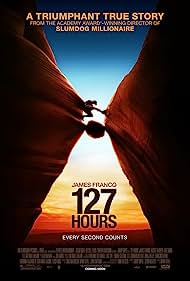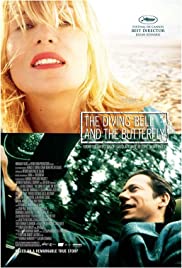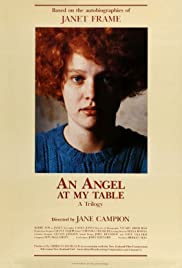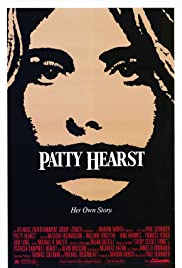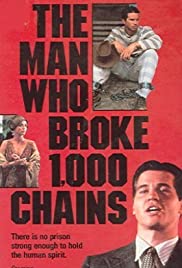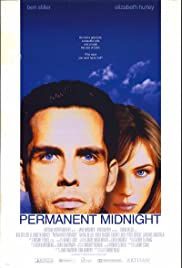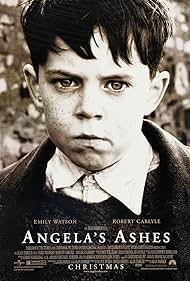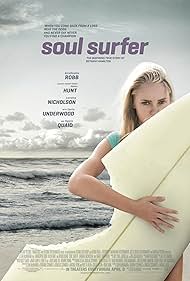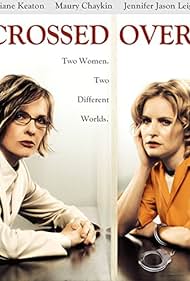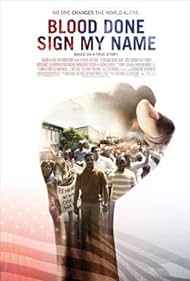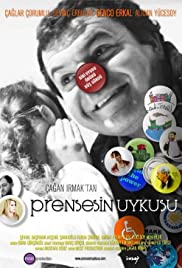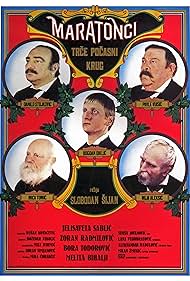Mal genio Banda sonora (2017)

Comprar en Amazon Reproducir y descargar banda sonora
Formidabile
Godard, O Temível
Redoubtable
Le Redoutable
Godard ve Ben
Godard Mon Amour
Sinopsis
Paris, 1967. Jean-Luc Godard, the maker of "A bout de souffle", "Le Mépris" and "Pierrot le fou", idolized by critics and intellectuals, is shifting from revolutionizing cinema to becoming a revolutionary tout court.
Isn't he shooting "La Chinoise", more a political tract in favor of Maoism than an actual movie? His female star is Anne Wiazemsky, writer François Mauriac's granddaughter, sixteen years his junior.
Anne and Jean-Luc have been dating since 1966 and they marry this very year. She admires Jean-Luc's originality, intelligence, wit and boldness while he loves Anne's freshness and - admiration of him.
But May 1968 puts their marriage to the test. Godard, who is more and more involved in the revolution, indeed becomes less and less available to his young wife, which does not prevent him from acting jealous.
It also looks as if the genius is losing his sense of humor.
Escucha y descarga la lista de bandas sonoras
| Reproducir | Título | Artista |
|---|---|---|
|
Mal genio
|
||
|
Azzurro
|
||
|
Mao Mao
|
Gérard Huge:
Escritor
|
|
|
Adagio from Piano Sonata No.12 in F, K.332
|
||
|
I Like Myself
|
||
|
Ciao Mantoviani
|
Ennio Morricone:
Escritor
|
|
|
Cuando calienta el sol
|
||
|
Magic Moments
|
||
|
Theme de Liz
|
||
|
Nocturne No.15 in F Minor, Op 55 No.1
|
Frédéric Chopin:
Escritor
|
|
|
The Champ
|
||
|
Le Vieux Léon
|
Georges Brassens:
Escritor
Georges Brassens: Artista Georges Brassens: Letra Jo Privat: Artista Oswald d'Andrea: Artista |
|
|
Phantom's Waltz
|
||
|
Im Abendrot
|
Richard Strauss:
Escritor
|
|
|
New York Herald Tribune
|
Martial Solal:
Artista
|
|
|
Penelope
|
Georges Brassens:
Escritor
Georges Brassens: Artista Georges Brassens: Letra Oswald d'Andrea: Artista |
|
